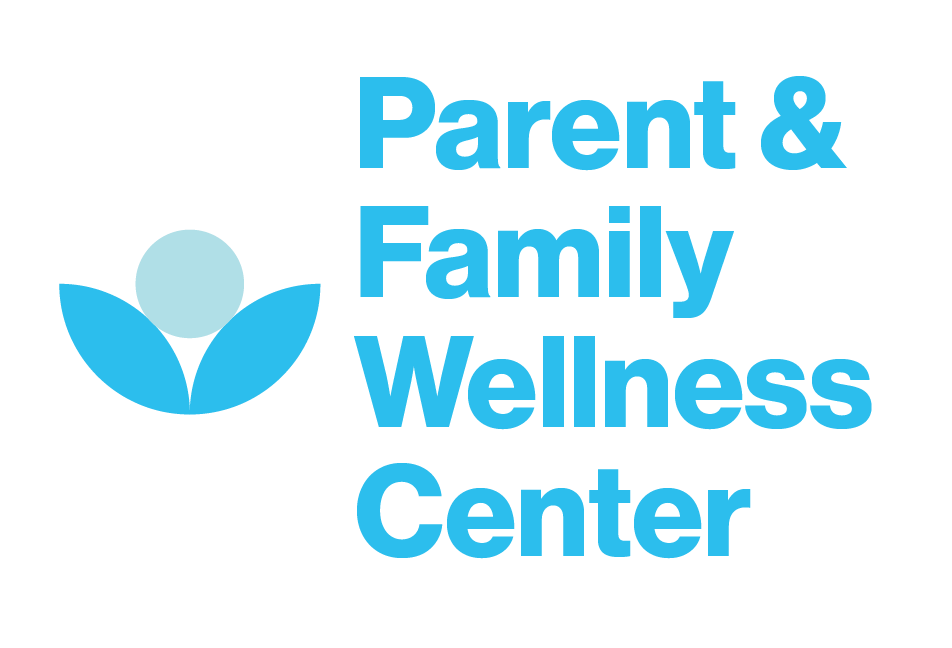Meet our newest provider, Yrma Perdomo, OTR/L NDS
The PWCB is so please to introduce you to our newest provider, Yrma Perdomo, OTR/L NDS. Yrma is a pediatric OT who supports our families through her expert understanding in early brain development and how it relates to attachment. Please enjoy the interview with Yrma below.
1. What led you to you decide to be a pediatric OT?
I always knew that I wanted to serve my community as a medical professional, and with a family full of physicians and surgeons, I naturally went the Med school route. After spending more time at a local charity full of children with special needs I knew that a more intimate, whole-child, and patient led approach would fulfill my desire to work with children and their families. After my mind about quitting med-school was made up and mustering up the courage to break the news to my involved school Dean I felt like I was, for the first time, making my own self-guided and heartfelt decisions. He was gracious and put together a lengthy brain storm session, where after he put me in touch with a neonatal Occupational Therapist. It was after shadowing her and many others within the Pediatric OT scope that I quickly knew that this profession had found me.
2. What, exactly, IS pediatric OT anyway?
Physical impairment, injuries, genetic syndromes, birth complications and a host of other issues can hamper a child's ability to perform common tasks or progress normally through the stages of motor, social and cognitive development. Occupational therapist are master level trained clinicians who go on to attain many more specialty certificates within their pediatric scope of practice.
This rewarding clinical discipline focuses on optimizing the functional capacities of children and their ability to succeed in important areas of their lives to their fullest potential, focusing heavily on parent and caregiver education. Occupational Therapists look at children from a holistic perspective and work to determine where delays or limitations are emerging from, especially in the areas of motor, cognitive skills, social development and their success with self-care routines. Together, these skills lead to children being able to grow into healthy, well-functioning and contributing adults who are then able to lead meaningful lives leading to better quality of life outcomes.
OTs are trained to treat a variety of diagnosis such as autism spectrum and sensory dysregulation disorders, movement disorders, cerebral palsy, genetic syndromes, cranial nerve and oral dysfunctions (pre and post frenectomy), self-regulation disorders, physical birth traumas, motor coordination dysfunctions many other neurotypical and atypical limitations. OTs know that Children don’t like to sit and do “therapy” all day, thus we strive to make each session child-led, stimulating, engaging and most importantly fun!
3. How can pediatric OT benefit parents and their babies?
Experienced pediatric OTs with a neurodevelopmental specialty can assess babies to make sure they are meeting vital developmental milestones in their pre-crawling stages, that lay down the foundation that later higher-level skills are built on. Often, in our “back to sleep,” container, containment and fast paced culture babies may lack adequate exposure to essential developmental movement experiences that help release tissue contractures, balance asymmetries, normalize sensory processing, facilitate proper head shape and facial structures, promote neural organization, integrate primitive reflexes, and lay down essential building blocks for later function and success.
4. Are there any on-line resources for me to learn more about this?
www.aota.org
www.Pathways.org
https://www.tummytimemethod.com/
https://www.inpp.org.uk/about-us/
http://www.brainrules.net/brain-rules-for-baby
http://sallygoddardblythe.co.uk/
www.skills4lifeot.com
www.sense-ableconnections.com
www.seleni.org
https://imaginecolorado.org/services/early-intervention
5. How about any books that you would recommend?
Brain rules for babies – John Medina
The whole brain child - Daniel J. Siegel
Polyvagal theory - Stephen Porges
Tongue tied – Richard Baxter
Zero to five - Tracy Cutchlow
Attention, Balance and Coordination - Sally Goddard Blythe
The good enough mother – Donald Winnicott
6. Is there a tip that you can give moms to do/use at home?
My passion has always been an emphasis on providing the earliest intervention possible, the importance of TUMMY TIME for the pre-crawling baby and caregiver education. It is from this passion that I recommend everyone to come to our Tummy Time classes so that new and experienced parents can learn how to maximize their child’s tummy time practice and provide the essential movement activities and they will thank you for the rest of their lives.
Furthermore, frequency and consistency in daily social-emotional interactions through tummy time routines creates implicit and procedural memory in babies, yielding infants who are optimally regulated, socially connected and bonded with their caregivers, therefore, demonstrate optimal levels of autonomic system regulation which promotes healthy digestion, rest and restoration.
7. You are a mom too— in what ways does that inform your practice with women and their children?
My journey as a mother to a now 4-year-old has directly impacted my clinical approach. I know how hard and overwhelming, it can feel when we don’t know if we are doing everything in our power to optimally stimulate our baby’s cognitive, social emotional, sensory and physical development. If we could take the guessing out of parenting the pre-crawling infant (whether your child is neurotypical or atypical) and securely laydown the foundation for optimal central nervous system function while taking advantage of the window of largest neural plasticity to set a solid developmental neurological foundation, I truly believe together we could avoid unnecessary future roadblocks and decrease the expense associated with pediatric therapeutic intervention.
8. Anything else you would like us to know about you?
I currently work with a local non-profit called Imagine!, ( http://www.imaginecolorado.org) the PWCB (www.pwcboulder.com) and Skills4LifeOT (https://skills4lifeot.com) . Whether a seasoned, first time or expecting, please feel free to reach out for a developmental assessment or for further education on what types of activities yield the best results in laying down a strong neural foundation for growth and development in your pre-crawling infant.
